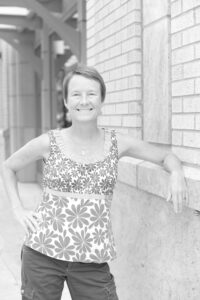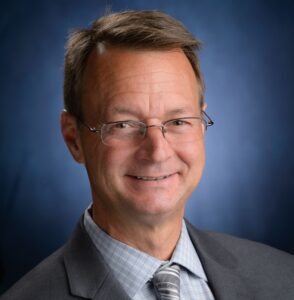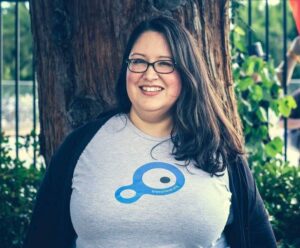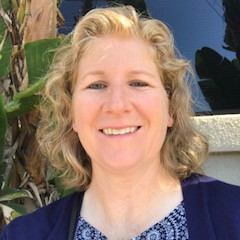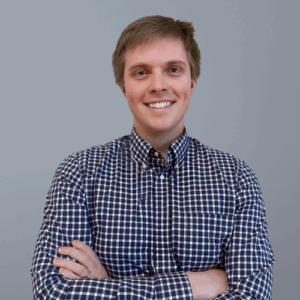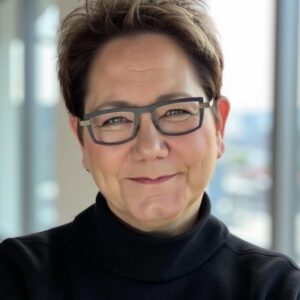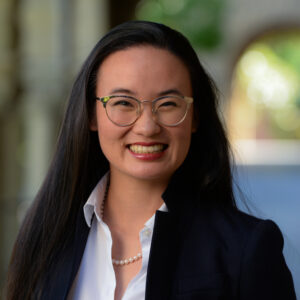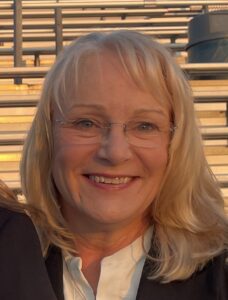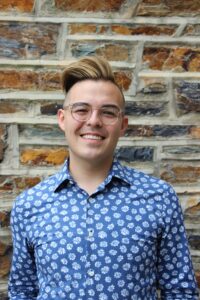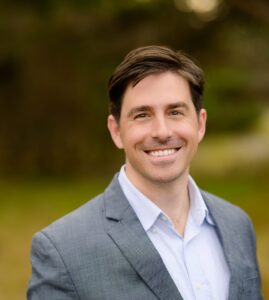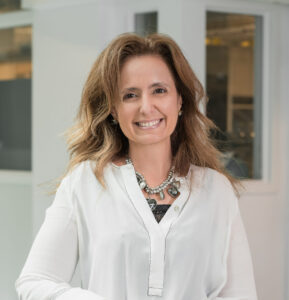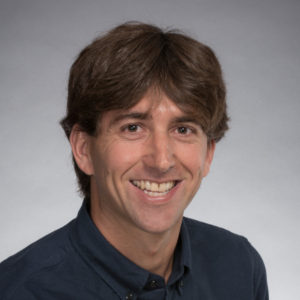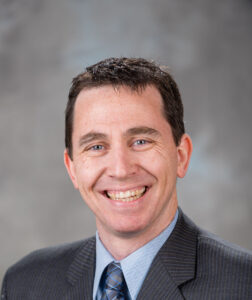CBF Profiles
-
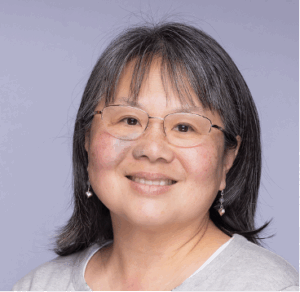
Ying-Tsu Loh
Ying-Tsu Loh serves as the Executive Director of Biotech and Bioscience Education Community (BABEC), a nonprofit dedicated to advancing hands-on bioscience education for grades 9-14.
Under her leadership since 2016, BABEC engages over 200 teachers annually, providing workshops, in-class support, and access to affordable lab resources. She leads the strategic, operational and business development of this 30-year old nonprofit, driving organizational growth and fostering strong collaborations with educational institutions and nonprofit partners. She is committed to building trust and meaningful partnerships that expand access to high- quality biotechnology education.
Ying-Tsu also co-leads BioSCOPE, the InnovATEBIO Supply Chain Hub, which integrates student-driven manufacturing projects into education. BABEC currently manages several NSF- funded initiatives focused on supply chain and high school pathways.
Previously, Ying-Tsu was adjunct faculty in the Biotechnology Program at City College of San Francisco (2004–2016), where she coordinated internships and co-developed a mentor training project with UCSF. She also managed a DOL-funded environmental monitoring program. Ying- Tsu earned her PhD in agronomy/plant molecular biology from Purdue University and completed postdoctoral research at the DOE-Plant Research Labs, Michigan State University.
